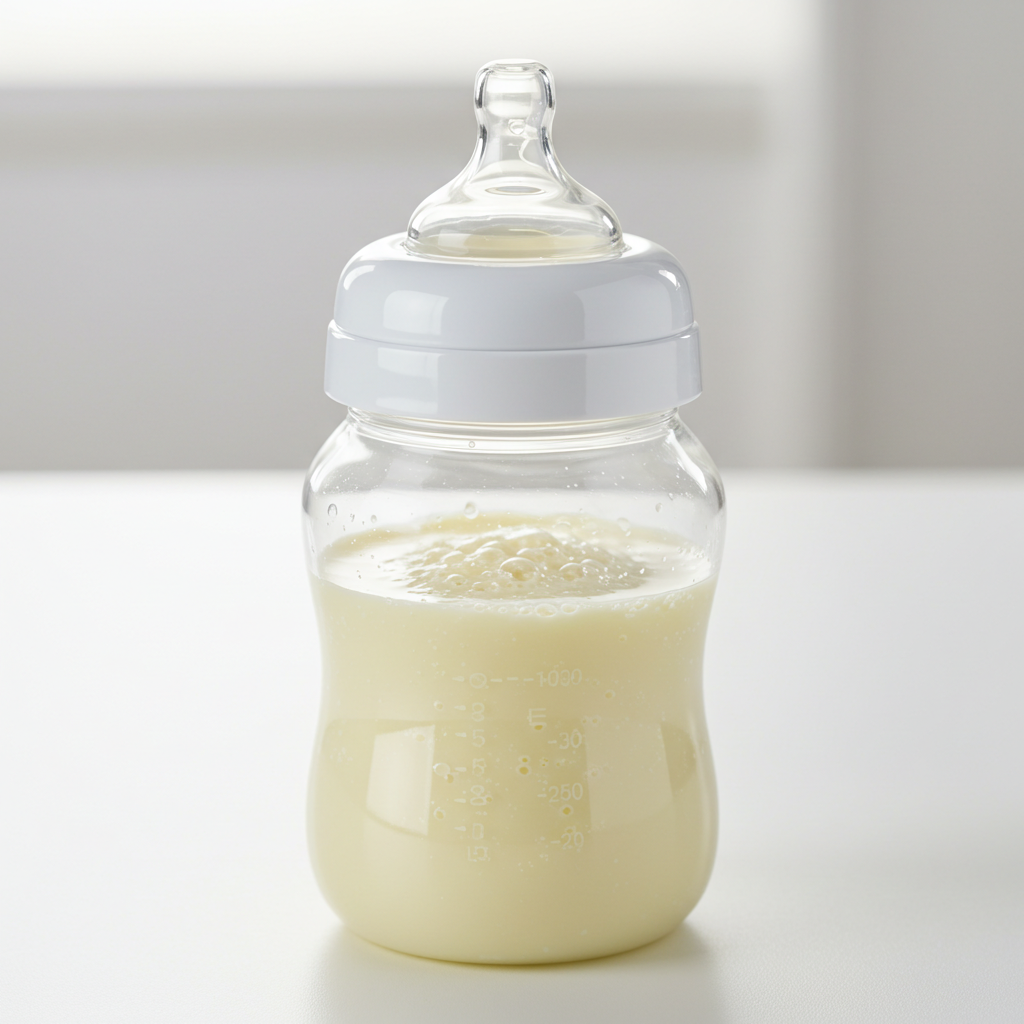
Baby Formula Litigation
Some premature babies who consume certain Similac and Enfamil formulas may be at risk of developing a rare intestinal disorder known as Necrotizing Enterocolitis (NEC).
NEC is a medical condition that primarily affects premature infants, although it can occur in full-term infants as well. This serious gastrointestinal disease involves inflammation and damage to the intestines. This can kill the intestinal tissue, which in turn can lead to a host of life-long complications.
If your infant was diagnosed with short bowel syndrome (SBS) or a type of gastrointestinal injury, you may be able to file a claim and potentially receive compensation. Contaminated baby food is also linked to Autism and ADHD.
These toxic baby food lawsuits stem from the high levels of metals found in many popular baby food brands. A Congressional report found that many baby food brands contained harmful amounts of lead, arsenic, cadmium, and mercury.
Baby food lawsuits allege several companies knowingly sold (and continue to sell) products tainted with heavy metals which can cause brain damage. According to the World Health Organization (“WHO”), heavy metals pose a major public health concern for children and can have devastating effects on the families of the affected children.
According to the Occupational Safety and Health Administration (“OSHA”), heavy metals may build up in biological systems and become a significant health hazard. Noticeable consequences could be delayed for years.
The Agency for Toxic Substances and Disease Registry (“ATSDR”) finds arsenic as the number one environmental substance that poses the most significant potential threat to human health, followed by lead (second), mercury (third), and cadmium (seventh).
The esteemed American Academy of Pediatrics states that NO level of exposure to these heavy metals is safe in children.
On January 8, 2025, the FDA issued updated guidance for the amount of lead that should be in baby food. This guidance is voluntary and outlines action levels for lead in processed foods for babies and children under two (2) years old. Many child-health advocates say this step is not enough to curb the amount of lead in baby food. Since there is no safe amount of lead, children are likely to continue to develop autism from the amount of lead and other heavy metals found in some baby food.
We continue to assist parents, grandparents, caregivers, or others to file lawsuits in hopes of gaining compensation and driving more meaningful changes from the government and manufacturers.